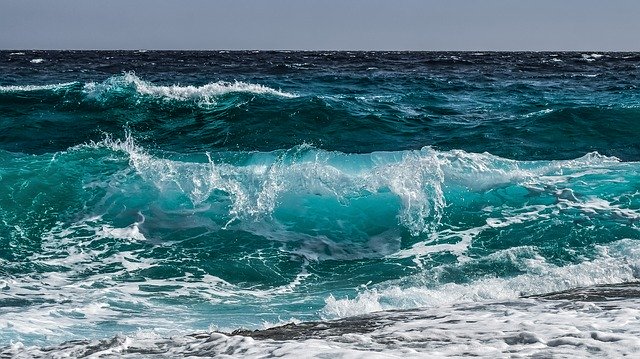Last Updated on: 22nd November 2023, 06:53 pm
Battery metal start-up, DeepGreen, is teaming up with leading research institutes to assess and potentially reduce the impact of collecting minerals from the deep sea.
This year’s global pandemic has taken some focus away from other looming global issues, such as climate change. That being said, there is a strong possibility that Covid-19 will not be with us forever, while environmental issues will continue to be a constant in our lives.
Hence, why this may be positive news, as several renowned universities and research institutes look into the potential impact of removing polymetallic nodules up from the bottom of the Clarion Clipperton Zone (CCZ) of the Pacific Ocean.
Experts from the likes of UK National Oceanography Centre, The Natural History Museum (London), University of Gothenburg, University of Leeds, Heriot-Watt University Florida State University, University of Hawaii are among the 100 researchers involved.
It is hoped that the inclusion of independent scientific bodies will underline DeepGreen’s commitment to setting a new standard for their industry.
DeepGreen Chief Ocean Scientist, Dr. Greg Stone, discussed this. He said: “This is a collaboration of the best minds in ocean science coming together to answer many important questions about deep-sea ecosystem function and connectivity throughout the water column.”
“The program will enable DeepGreen to put forward a rigorous, peer-reviewed environmental impact statement to the International Seabed Authority, setting a high bar for this new industry.”
It is hoped that the study will help decision makers make informed decisions about the regulation of harvesting key battery metals from the bottom of the ocean.
There are many organisations who currently oppose this activity, but it is hoped that further research will shed a light on its possible impacts and whether this is a viable form of potentially clean energy moving forward.
Dr. Daniel Jones from the UK National Oceanography Centre insisted that they are happy to work on this study, stating: “We are pleased to take part in this important, wide-reaching and collaborative effort to study the impacts of collecting polymetallic nodules.
“We are also encouraged by DeepGreen’s proactive approach, desire to support high-quality science and commitment to make all of our findings publicly available.”
The study will last several years and will involve research into how this activity affects all things at the sea level specified. Once completed, all data will be shared with the international community.





